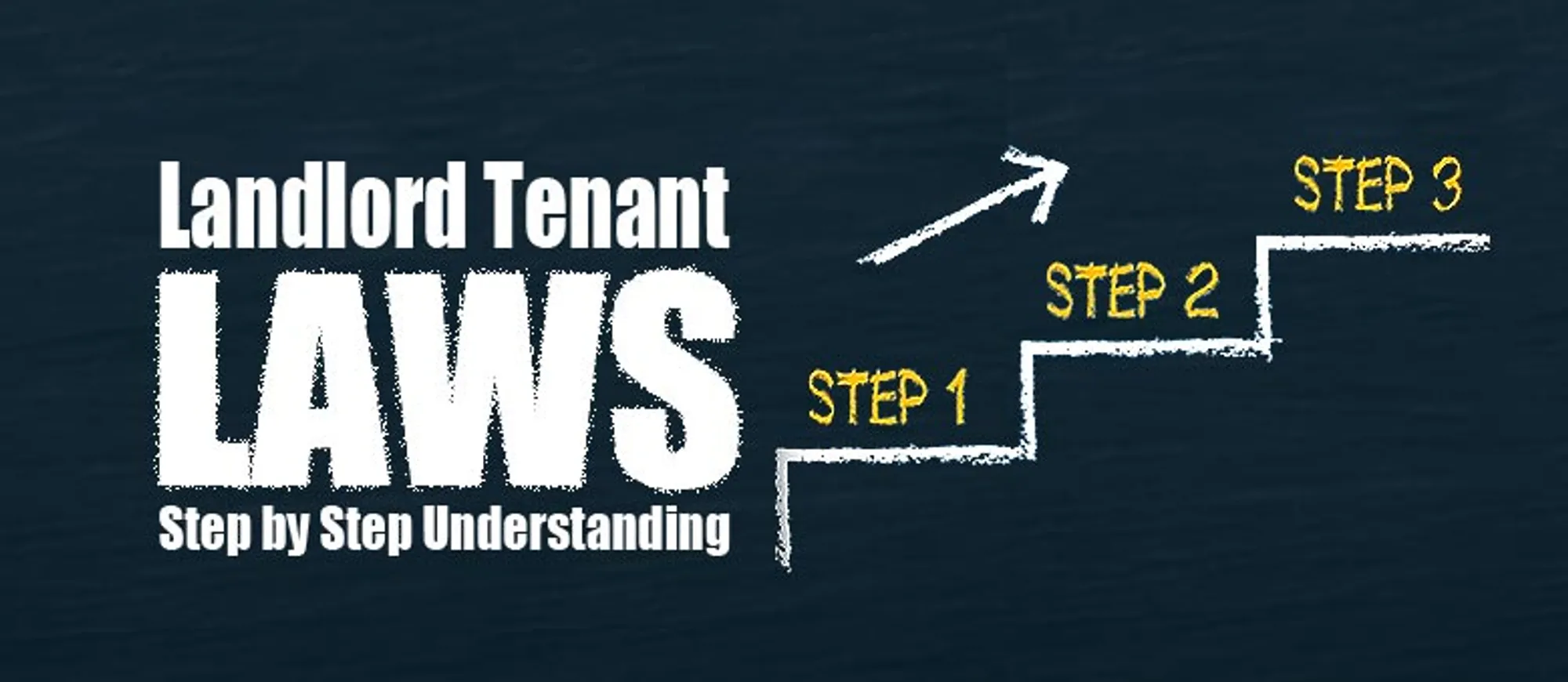Landlord and tenant laws become the focus in many NRI property disputes. Being the owner of any property and ensuring that all matters stay sorted out is not easy for an overseas citizen primarily because they do not manage to come to India as frequently as would be required for such cases.
If we are to understand the rights of landlords, it is vital to understand what the core tenets of the laws here in India are – as much as it is crucial to comprehend the exact meaning of all the terms used in these situations.
Tenancy
Tenancy, simply stated, is when somebody occupies or possesses some property (land, building, other property) through a title or a lease that’s formulated as per law or on some rent payment. By the same logic, a landlord then is an individual who is the actual owner of any property – whether land or house or building- who has rented or leased that property to any other person.
Tenancy is the occupation of the property belonging to somebody else instead of a written agreement.
There are individual rights that landlords have been granted to ensure that there is no unlawful occupation of the property. These have to do with the screening of the prospective tenants as well as specifications about the rent collection. Over a period, the law has been modified to favour the landlords. This is due in large part to the advantage that prolonged occupation gave to the tenants; landlord rights were threatened hence the law had to consider protecting their interests.
Landlord rights, duties, and responsibilities
- Any owner of a property is not given the right to evict his tenant without a valid reason for at least five years if he has paid the rent without any delay as per the agreement between both of them unless he wants to use the house himself/herself.
- The landlord can force the tenant to evict the house only if there is any wrongdoing on the renter’s behalf (as prescribed in the Rental Control Act and Indian Law) such as any crime against the country or terrorism.
- Usually, the renting person is supposed to sign an agreement with the owner under specifying that he occupies the property for only a period of 11 months.
- It needs to be remembered that the Rent Control Act -which happens to be majorly in favour of the tenants- is applicable where there is an agreement for at least 12 months. Hence stipulations regarding an 11-month contract act as a preventive measure for the landlord.
- As a necessary precaution, landlords ensure that a security deposit of up to 10 months’ rent is taken from the tenant. This gets fully refunded once the rental lease ceases to exist, and the property has been left in proper condition.
- For transparency and better enforcement of the tenancy laws, it is important that everything is stated clearly in written – for the benefit of both the parties.
- The landlord deserves a three-month notice in case the tenant wants to vacate the property before the stipulated time. In such cases, either the tenant pays the rent for the remaining months or then foregoes his security deposit.
- If a tenant decides that he does not want to opt for any written rental agreement he can do so; though he would lose his security deposit in such a situation.
- Landlords can charge market rates from their tenants and can also increase the rent periodically and if need be, have the premises vacated without entering into a court battle.
- The law says that a landlord can enter the property after giving a 24-hour notice – in most cases, it is understood that this will be between 7 am and 8 pm.
- The tenancy agreement requires being registered with the state-appointed rent control authority.
- The law makes it mandatory not to rent the premises out without registering a written lease agreement with this authority, which also entertain the cases for the settlement of disputes on the revision and fixation of rents.
- In case the landlord wishes to ask a tenant to vacate the property he has to approach the Rent Court.
Paying the Rent
a) Rent can be paid with cash or through a cheque issued by an Indian bank.
b) Other Regulations
- It is not uncommon to see that sometimes the landlord imposes certain lifestyle restrictions in a rental lease.
- Most important, a tenant cannot sublet the property unless he has taken written consent from the landlord. It can’t be denied, though, that these restrictions or other terms are negotiable with the landlord.
- It is commonly also seen that the owners consider the marital status of the tenants before letting out their property on rent.
Besides the landlord tenant laws, there are various aspects that one needs to keep in mind while preparing rent leases. More on this in the coming blogs!

